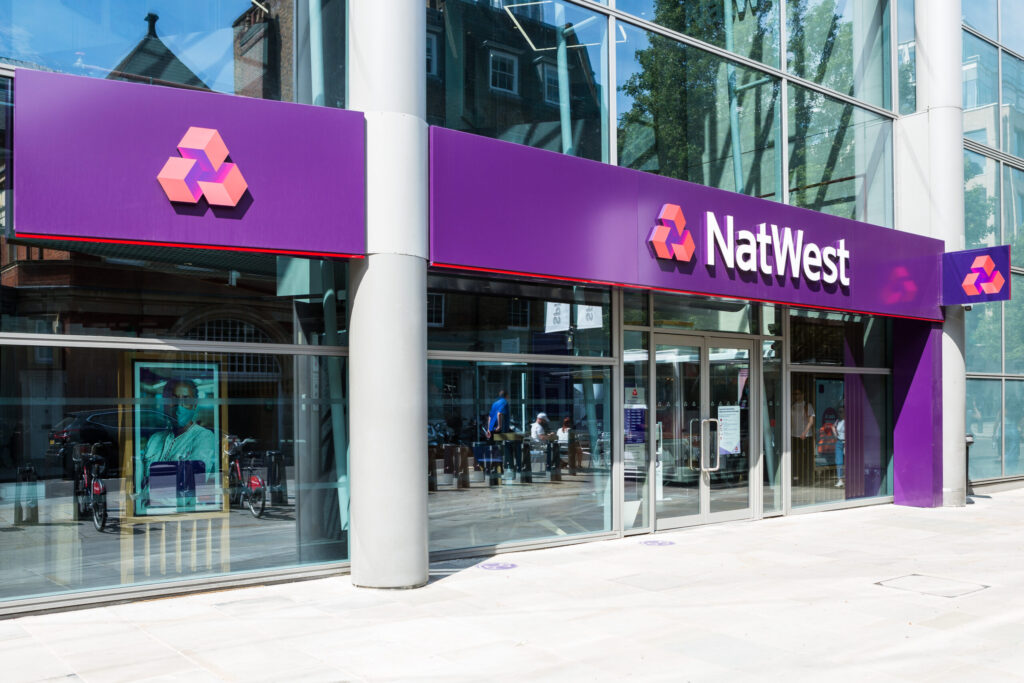(Reuters) -British bank NatWest reported a 20 billion pound fall in deposits in the first quarter amid a fiercely competitive environment and a cautious outlook pointing to the challenges ahead, taking the shine off forecast-beating profit.
NatWest’s income jumped 37% but came in just below analysts’ forecasts, as higher central bank interest rates that boost lending returns encouraged customers to shop around and forced banks to boost rates on savings products.
The bank’s shares fell 6% in early trading despite a jump in profit, as investors digested a third successive quarter of reduced deposits and analysts pointed to the lack of an expected upgrade to the bank’s performance forecast for the year.
NatWest reported pretax profit of 1.8 billion pounds ($2.25 billion) for the first quarter, up from 1.2 billion pounds achieved a year earlier and above an average of analyst forecasts of 1.6 billion pounds.
Like rival Barclays (LON:BARC), which reported results on Thursday, higher interest rates continued to lift revenue.
But the higher rate environment also poses challenges for lenders, with NatWest blaming a 19.8 billion pound reduction in deposits partly on fiercer pricing competition, higher customer tax bills and exiting its Ulster business in Ireland.
Personal current account balances decreased by 2.6 billion pounds and personal savings decreased by 1.8 billion pounds in the first quarter, NatWest said, as customers sought out better rates with term deposit products or with rival banks.
Deposit levels at banks have attracted closer scrutiny after the rapid collapse of U.S. lender Silicon Valley Bank sparked jitters across the global banking sector and highlighted how quickly customers can shift money in the digital era.
NatWest chair Howard Davies, who plans to leave the bank by the middle of next year, this week said that “poor risk management” was largely behind recent bank failures and that NatWest remains resilient.
Bank investors are also wary that inflation remains stubbornly high in Britain, squeezing household budgets and raising the risk of borrowers falling behind on loan repayments.
State-backed NatWest set aside 70 million pounds to cover potential loan defaults, compared with a small release of cash reserves the previous year, but it said loan arrears remained low and the charge was below the 144 million pounds booked in the previous quarter.
“By monitoring customer behaviour and looking closely for signs of financial distress we are able to put in place proactive measures to help those who are struggling right now,” Chief Executive Alison Rose said.
($1 = 0.8013 pounds)



